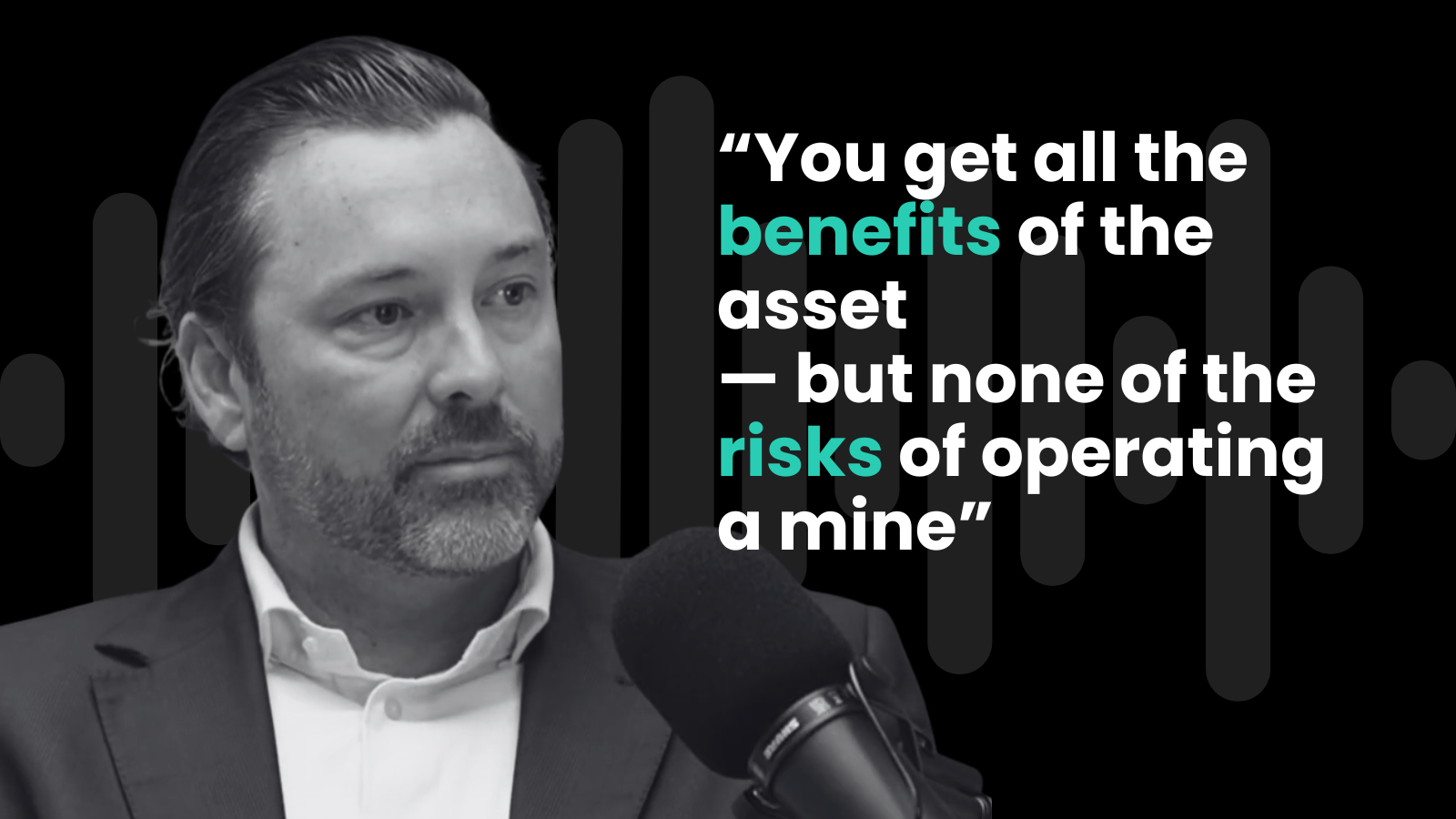Britons are famously cautious with their money. New research suggests they may also be dangerously ill-equipped to put it to productive use.
A study by Capital.com, a fast-growing retail trading platform, argues that a lack of financial education is hobbling the country’s investment culture. Its report, Fear or Fortune?, finds that eight in ten adults feel too nervous to invest at all, deterred less by market volatility than by confusion and misinformation.
The survey of 1,004 adults reveals a picture of bifurcated financial literacy. While most respondents are comfortable with familiar savings products — 88% say they understand basic accounts — confidence collapses when investments become even modestly sophisticated. Only 13% of “low-level investors”, those who stick to ISAs and pensions, feel confident about their broader investment knowledge. Fewer than one in ten profess any understanding of stocks, exchange-traded funds or other capital-market instruments.
Muddled thinking on equities
Risk perception is even more skewed. Some 92% of these cautious savers view cryptocurrencies and similar alternative assets as extremely risky, a sensible enough assessment. But 87% regard listed shares with equal suspicion. Thus, equities, the backbone of Britain’s capital markets, are lumped into the same danger zone as the most volatile corners of the digital wild west. Such muddled thinking suggests not prudence but profound misunderstanding of risk, reward and diversification.
- Junior ISA investments boom as families focus on long-term growth
- Could a cut in Cash ISA allowances boost UK stock market investing?
- UK funds industry calls on Chancellor to rebuild public trust in markets
Fear plays its part. Over a third of respondents cite anxiety about online scams as the reason they avoid investing, a worry not unfounded in an era of rampant digital fraud. Yet the prevalence of fear also reflects a deeper failure to distinguish between regulated markets and opaque, unregulated schemes. Inflation adds another twist. Mid-level investors, the report notes, recognise the corrosive effect of rising prices on idle cash. Low-level investors grasp this only after the concept is explained to them. The obstacle, it seems, is not appetite but education.
“This is fundamentally a literacy issue,” argues Rupert Osborne, chief executive of Capital.com UK. “We’re seeing a generation of people who want to invest, but lack the understanding to do so safely and confidently. When nearly nine in ten can’t tell the difference between the risk of investing in FTSE-listed companies and speculative crypto assets, it’s clear the education gap is costing the economy.”
Policy-makers have noticed. In her Mansion House speech, the Chancellor backed a national advertising campaign to nudge Britons towards investing in equities. The government’s new Financial Inclusion Strategy 2025 goes further. It outlines plans to embed financial education throughout the country, including a revamped curriculum that will make budgeting and investment basics compulsory in primary and secondary schools in England by 2028.
Such intervention, long overdue, aims to equip future generations with the tools to treat investing as a normal part of financial life rather than a leap into the unknown.
The stakes are large. The Financial Conduct Authority and Barclays estimate that roughly 15m adults hold more than six months’ income in excess cash, over £610bn in all. Redirecting even a fraction of this dormant capital into productive assets could bolster household wealth and provide a welcome infusion to British markets. For now, however, fear trumps fortune. Without a more financially literate population, Britain’s culture of caution will continue to drain dynamism from its economy.






















Comments (0)